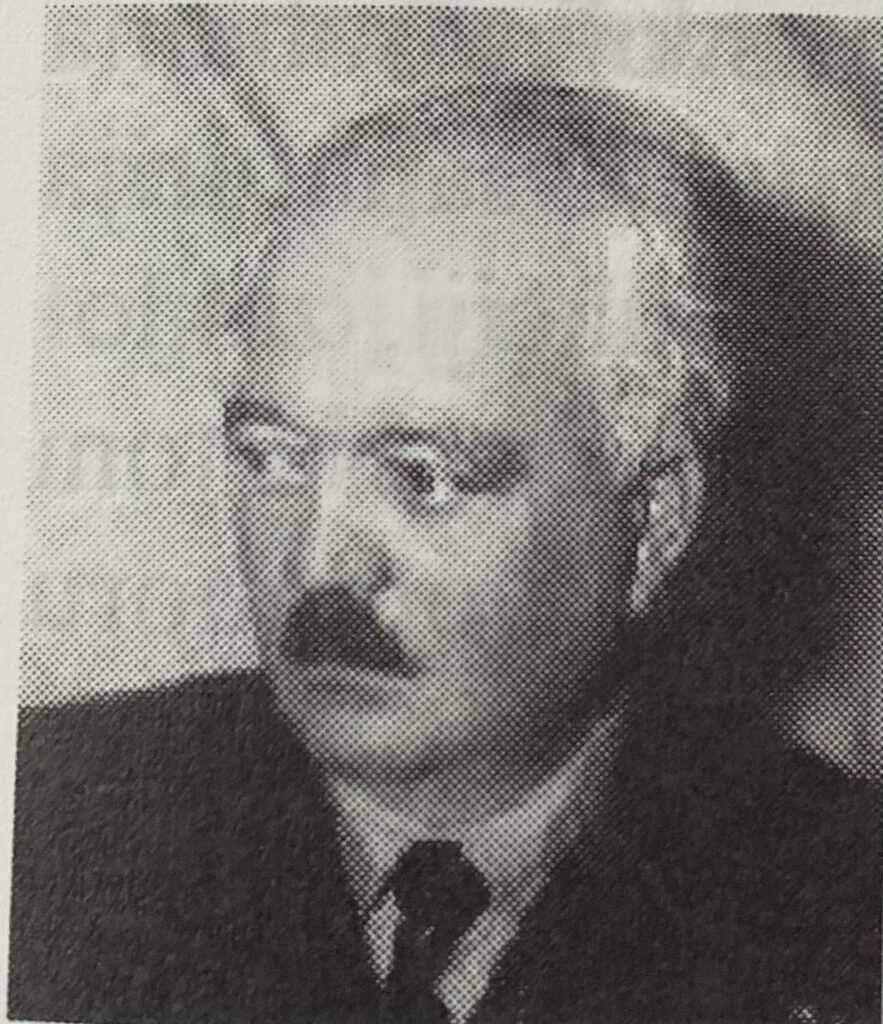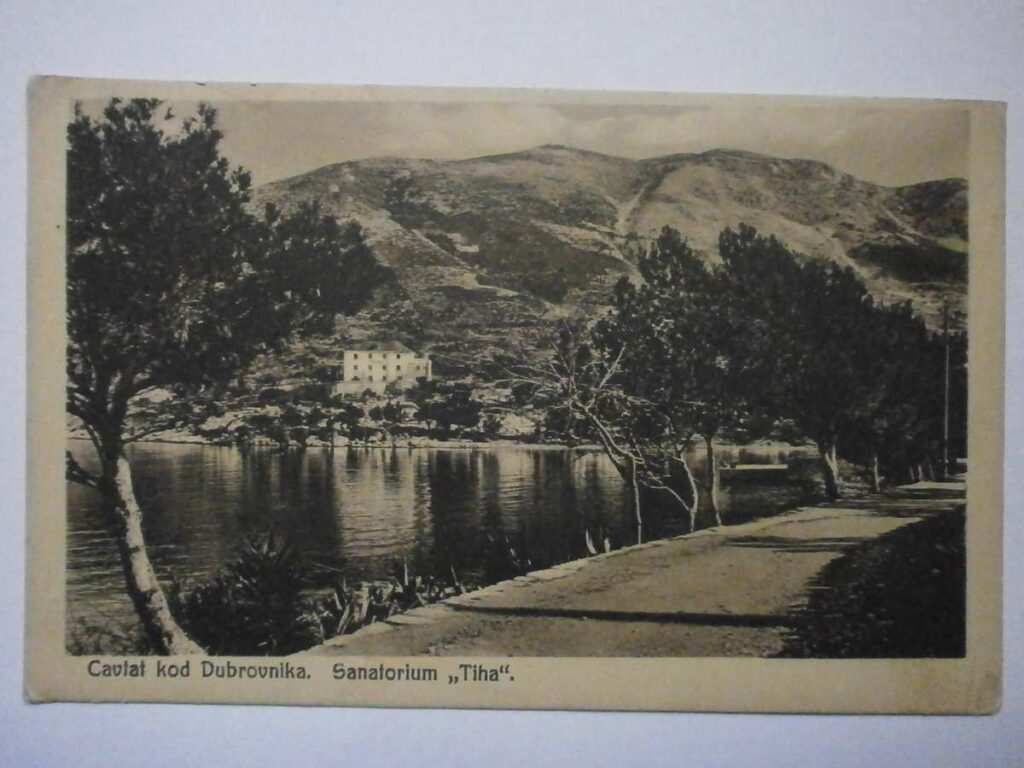Many figures throughout the history of Konavle, although less well-known today, indebted their fellow residents with their work and perseverance. One such figure was Dr Vlaho Novaković. Born in Čilipi in 1890, he dedicated his entire life to professional development, to the enlightenment of the people, and to culture. After having attended elementary school in Čilipi, Novaković attended and subsequently graduated from the Diocesan Classical Gymnasium in Dubrovnik. As an outstanding student, he decided to study medicine in Vienna, and later in Prague, where he graduated in 1914. These were merely the beginnings of this Konavle native’s scientific, cultural, and political activity.
At the onset of the First World War, Novaković was in Prague. The aforementioned scourge of humanity took the lives of many Konavle residents, and Vlaho was not left unscathed by its horrors. Nevertheless, while working as a military doctor in Prague, he managed to save a large number of Konavle people from the battlefield; these people, as well as Vlaho himself, could not make sense of this war. After the war, Dr Novaković remained briefly in Prague as an assistant at the Faculty Hospital Královské Vinohrady, but it was not long before he became an assistant at the Internal Medicine Clinic of the Royal University Hospital in Zagreb. It was there that he acquired additional theoretical and practical knowledge, which most likely encouraged him to go to Cavtat, where he would go on to reach the peak of his career.
In 1922, Dr Novaković began the construction of the first sanatorium for internal diseases on the Adriatic, located in Cavtat. By virtue of its proximity to the sea and favourable climate, Cavtat was an excellent location for the construction of a healthcare centre where all lung diseases could be treated, with the sole exception of tuberculosis. Built in 1924, the healthcare centre was named `the Tiha Sanatorium’; it was promoted as a climate, sea, and sun healthcare and convalescence centre in Cavtat (Epidauros), Dalmatia. The director of the healthcare centre and its sole physician was Dr Vlaho Novaković. One of the first patients treated at the Tiha Sanatorium was the famous poet Antun Branko Šimić. In his letter, Šimić praised the work of Dr Novaković, and the furnishings of the healthcare centre, as well as Cavtat itself, which he considered a very pleasant town.
The construction of the healthcare centre in Tiha Road was extremely important not only because antibiotics had not yet been invented (thus lung diseases had to be treated by a change of air), but also because it marked the beginning of tourism in Cavtat. Therefore, the luxurious furnishings of the healthcare centre are unsurprising. Its description reveals that there were 12 first-class rooms featuring one to two beds and two dormitories featuring four to five beds, a dining room, a reading room, two large terraces, bathrooms with hot water and warm sea, sunbed, a spacious garden with citrus fruits, along with being located in the immediate vicinity of the bathing spot in Tiha Road.
In addition to practicing medicine, Dr Novaković contributed to the development of medical science by authoring several medical articles, which he mostly published them in the Liječnički vjesnik (`The Doctors’ Herald’) journal. His work on suppressing tuberculosis, which was quite widespread throughout Croatia in the 1920s, brought him special recognition and reputation. Nevertheless, Dr Novaković was a Renaissance man who could not limit himself to just one occupation. On 21st June 1924, he was one of the founders of the Society for the Development of Cavtat with its Surrounding Area and the Improvement of Foreign Traffic in Cavtat. Moreover, Novaković was one of the most distinguished members of the Epidaurum Antiquarian Society, which allowed him to devote himself to his second love – history. In 1954, he published his book `Cavtat and Konavle’ through his own publishing house.
In the 1930s, Novaković worked in the Cavtat Falconry Society as a physician. During that time, falconry societies would organize sport competitions; the fact that the Cavtat Falconry Society counted over 150 members was a testament to the aforementioned sport’s popularity among the locals. However, besides their love of the sport, falconers shared another common trait – they predominantly expressed the political idea of creating an autonomous Yugoslavian state. It is likely that Novaković’s political beliefs led to his incarceration by the Ustaša regime in 1941.
Despite the difficulties of the Second World War, Novaković was elected President of the Red Cross of Cavtat in 1944, while also acting as the Chairman of the Committee for Social Welfare of the District People’s Liberation Committee. The following year, he was elected the first President of the District Committee of the Red Cross of Dubrovnik. By virtue of his devoted work in medicine, he received an award by the Main Committee of the Croatian Red Cross at his sickbed. On 12th January 1956, Vlaho Novaković passed away at the age of 66, leaving Konavle without a hard-working and self-sacrificing physician, as well as a civil servant.



